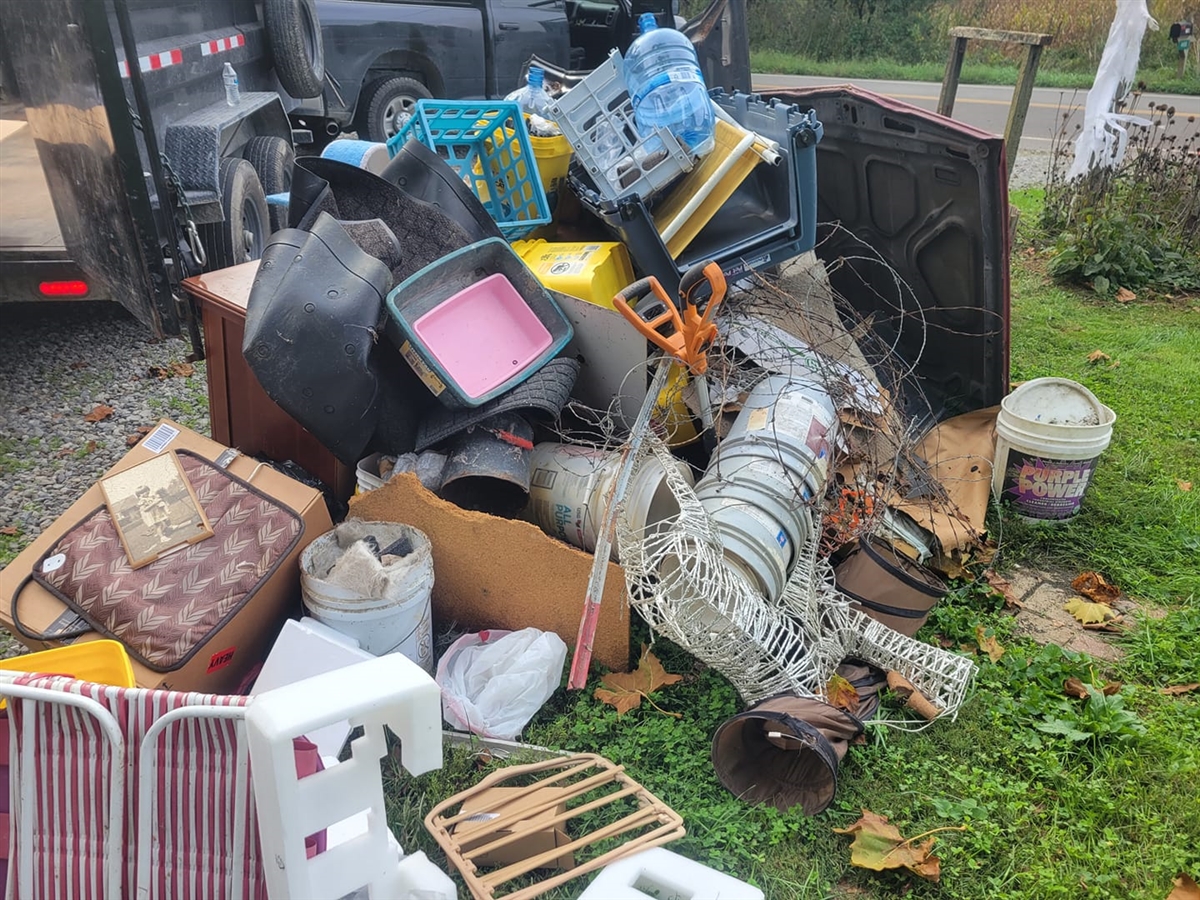Driven by its recreational and medicinal advantages, Delta 9 gummies—infused with Delta-9-tetrahydrocannabinol (THC)—have become somewhat well-known Still, manufacturing these cannabis-infused delicacies has major environmental consequences. Emphasizing resource consumption, waste generation, and sustainability measures, this paper investigates the environmental impact connected with Delta 9 gummy manufacture. The best delta 9 gummies offer a perfect balance of sweetness and potency, catering to a wide audience.
Resource Utilization
Delta 9 gummies start their manufacturing with the growing of cannabis plants. Growing cannabis calls for large amounts of water, land, and electricity among other resources. The energy needs depending on the farming technique—especially indoor farming—can be somewhat significant because of the need of artificial lighting, climate control, and ventilation equipment. This has a significant carbon footprint, especially in areas where non-renewable energy sources predominate. Furthermore, if not properly controlled, the agricultural methods applied in cannabis farming might cause soil depletion and the loss of biodiversity.
Creation of Waste
Additionally, producing gummies generates several kinds of trash. Once harvested, cannabis plants provide stems, leaves, and roots in addition to the buds needed for THC extraction. Should these byproducts not be put to use, they add to organic waste that can wind up in landfills where they could generate methane, a strong greenhouse gas. Moreover, the manufacturing of gummies calls for packaging materials—usually plastic—which aggravates the environmental load. The overuse of non-biodegradable packaging threatens marine habitats and adds to pollution by means of its contribution.

Water Abuse and Contamination
Another major environmental issue Delta 9 gummies’ manufacturing raises is water usage. Particularly in locations prone to drought, the process of growing cannabis can tax local water supplies. Furthermore, the use of pesticides and fertilizers in cannabis growing might contaminate the water, therefore influencing nearby aquatic environments and sources of drinking water. Harmful chemicals carried by run-off from fields can contaminate surrounding rivers, therefore upsetting ecosystems and endangering human health as well as wildlife.
Ecological Methods of Living
Understanding these environmental issues, several cannabis-related businesses are implementing greener methods. This includes utilizing organic farming methods that minimize chemical usage, employing water-efficient irrigation techniques, and investing in renewable energy sources for cultivation and production. To further lower their environmental impact, companies are also paying more and more attention on environmentally friendly packaging alternatives like recyclable or biodegradable materials.
People appreciate the best delta 9 gummies for their fast-acting effects, providing relief when needed most during the day.






